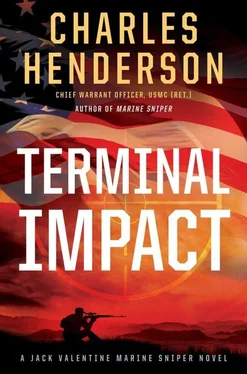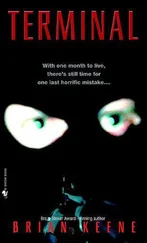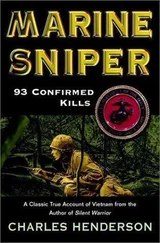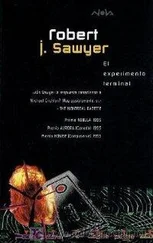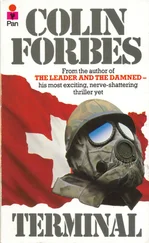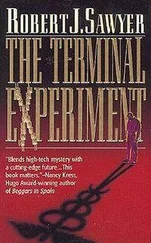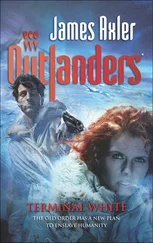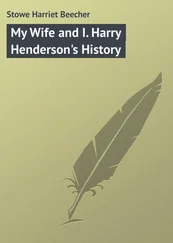There they waited with knives in their teeth, poised to run across the south half of Iraq like fire on gasoline, and crash their thunder downhill at Iraqi-occupied Kuwait, like a hammer on an anvil, obliterating the enemy and cutting off all hope of escape except into the sea or through the attacking lines, where the Iraqis would surely die. This largest gathered army since June 6, 1944, when Allied forces landed 1.3 million soldiers on the beaches of Normandy, crouched, ready to pounce should diplomatic efforts fail to persuade President Saddam Hussein to give up the oil-rich state he had stolen, and return it to its people and their emir, Sheikh Jaber Al-Ahmad Al-Jaber Al-Sabah.
Hussein had accused Kuwait of slant drilling across their border and taking oil from Iraq’s Ar-Rumaylah oil fields. Saddam demanded that Saudi Arabia and Kuwait cancel Iraq’s $30 billion debt it owed them as payment for the oil theft. He also hurled insults at his foe, accusing Saudi Arabia and Kuwait of conspiring to keep oil prices low in an effort to pander to Western masters.
As Saddam Hussein invaded Kuwait on August 2, 1990, sending more than three hundred thousand troops across the border, he claimed as justification for his incursion that Kuwait had originally belonged to Iraq, and he was merely reclaiming that which rightfully belonged to Iraq. He said that Western colonists had created the small oil state for their advantage. In truth, Kuwait had existed years before Britain, under a League of Nations mandate, created Iraq at the end of World War I.
On August 8, 1990, Saddam Hussein formally annexed Kuwait as Iraq’s nineteenth province. This final insult set the wheels in motion for the great war to come.
Just one more new arrival among the swelling numbers along the Iraqi border, Jack pulled the zipper closed on his neatly packed Advanced Operator load-out bag that doubled as an overgrown Marine Corps field transport backpack. Inside it, Jack had tucked away everything important in his now Spartan warrior lifestyle.
Gold-embroidered Force Recon jump wings and a silver-embroidered SCUBA/UBA head above them adorned the top flap of the pale OD green Gortex duffel with the name J. A. VALENTINE, USMC finely stitched in bold black letters beneath them. He had spent the better part of a paycheck buying the well-organized, compartmented bag with padded pack straps and a tubular frame inside it made of aircraft aluminum, specifically designed for special operators like him. Jack had bought it in San Diego after graduating Amphibious Reconnaissance school at Coronado Island, before heading to Camp Lejeune and joining Second Force Reconnaissance Company.
He pushed the AO bag against the foot of his plywood-bottomed wooden bunk next to a similarly pale green, extralarge parachute cargo bag, with J. A. VALENTINE, USMC beneath a Marine Corps emblem stenciled in black paint on its side. This satchel contained the bulky stuff of his combat kit. Things like his Kevlar helmet and body armor, his Ghillie suit and bonnet that he had fashioned by hand during his ten weeks of Scout-Sniper School, along with his camouflage ground cloth and portable hide. It also held his knee pads, elbow pads, ass pack, and hooded gas mask and charcoal-lined and highly uncomfortable nuclear-biological-chemical-warfare protective suit that he dreaded ever having to wear in a real war.
Saddam Hussein had a reputation of stooping to the lowest of depths and using chemical weapons on people he disliked, such as his attempted genocide of the Kurdish civilians of Halabja, Kurdistan, and across northern Iraq as part of his Ba’athist regime’s Al-Anfal Campaign in 1988. Planes and artillery bombarded the Kurds with napalm and other conventional weapons, then Hussein’s forces set a deadly mixture of chemical weapons on the populace, killing thousands. Among the chemical weapons were nerve agents, sulfur-mustard gas, blister agents, and hydrogen cyanide.
Jack had spent the three months before deployment training in Mission-Oriented Protective Postures, Levels 1, 2, 3, and 4. MOPP Level 4 meant everything went on the body. It must have been how armored-up knights of old felt swaggled in their tin suits, training and fighting. He wondered how he could ever Ghillie up and carry out reconnaissance, target acquisition, or sniper missions under MOPP Level 4 conditions. Yet the alternative of dying a horrifying painful death by Saddam’s chemical agents made the struggle in MOPP Level 4 doable.
Although he had a month’s leave coming after Scout-Sniper School at Camp Pendleton and Amphibious Reconnaissance training at Coronado, the Marine Corps’ equivalent of Basic Underwater Demolition/SEAL school, Jack took only a week off between graduation and reporting to his new duty station. He wanted to hit the ground running, still fresh, hard, and focused.
Now nearly twenty years old, Jack spent his first off-duty week since his thirty-day boot camp leave at home in El Paso with Mom and Dad. He and Harry Valentine took one day on their own, just the two of them, father and son in the New Mexico mountains, trout fishing. The rest of the time, it was nothing but Jack and Dad and Mom, and her good home cooking. Drippy, overstuffed chicken-and-green-chili enchiladas smothered with onions, more peppers, cheese, and sour cream. Jack’s favorite.
Before he headed to Camp Lejeune, Harry and Elaine Valentine had arranged a special dinner for their boy, Jack. They invited Herman and Lola Gonzalez, Paul and Patricia Cruz, Judge Darius Archer and his wife, Anita, and El Paso Police Sergeant Freddy Montoya, a divorcé who came alone.
Jack’s girlfriend, Liberty Cruz, had gone off to college in New York City, at Columbia University, preparing herself for law school. She set her sights on Cornell University Law School, best of the best she regarded, but just in case disaster struck, she kept Columbia Law as her fallback. She had the inside track there as an undergrad.
Moms and dads spent the evening talking about how good Jack had turned out, and of Liberty and what Paul Cruz hoped she would do with her life as a lawyer. “She’s doing it for me,” Cruz boasted.
Jack said little, mostly yes, sir, and no, sir, and pass the enchiladas for seconds and thirds, but smiled a lot when Paul Cruz said what he did about his daughter going to law school for him. Jack knew the whole story.
Liberty was a rebel through and through, but she loved her daddy, and honored his wish for her. Law school it was. No arguments. While Father envisioned she would take over his successful criminal defense practice in El Paso when he retired, she had radically different ideas. Ideas she had shared only with Jack.
What Jack knew and what he didn’t think either Paul or Patricia Cruz even suspected was that Liberty wanted nothing to do with defending criminals. She wanted to hunt them on the streets and throw them in the slammer. She wanted to be a gunslinging hard-ass operator. A special agent of the “Efah Bee Eye” she joked. Then in time, she planned to open her own business, executive security and special investigations.
“Big money in it,” she told Jack, as they sat in his dad’s Ford pickup truck sucking face and imagining their futures the week before Jack headed off to boot camp.
Liberty dreamed of one day owning a fab villa overlooking the Mediterranean, along the French Riviera, well east of that shit hole of a steamer town, Marseilles, maybe in the hills above Saint-Tropez, or perhaps in Italy, near Milan. She wanted a life of splendor, exotic sports cars and jet planes. She could not imagine sitting in a courtroom next to some sleazy, foul-smelling scumbag drug dealer, pimp, and gangster that her father spent his life dutifully defending. Young Miz Cruz assessed a big fat zero for idealism, but Machiavellian pragmatism ordered her life’s agenda.
Читать дальше
